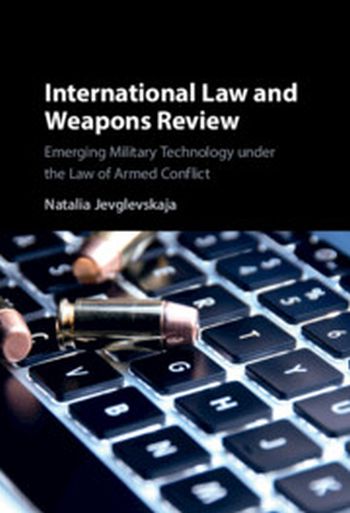
International law requires that, before any new weapon is developed, purchased or modified, the legality of its use must be determined. This book offers the first comprehensive and systemic analysis of the law mandating such assessments – Article 36 of the 1977 Additional Protocol I to the Geneva Conventions. Underpinned by empirical research, the book explores the challenges the weapons review authorities are facing when examining emerging military technology, such as autonomous weapons systems and (autonomous) cyber capabilities. It argues that Article 36 is sufficiently broad to cover a wide range of military systems and offers States the necessary flexibility to adopt a process that best suits their organisational demands. While sending a clear signal that law should not simply follow technological developments, but rather steer them, the provision has its limits, however, which are shaped and defined by the interpretative decisions made by States.